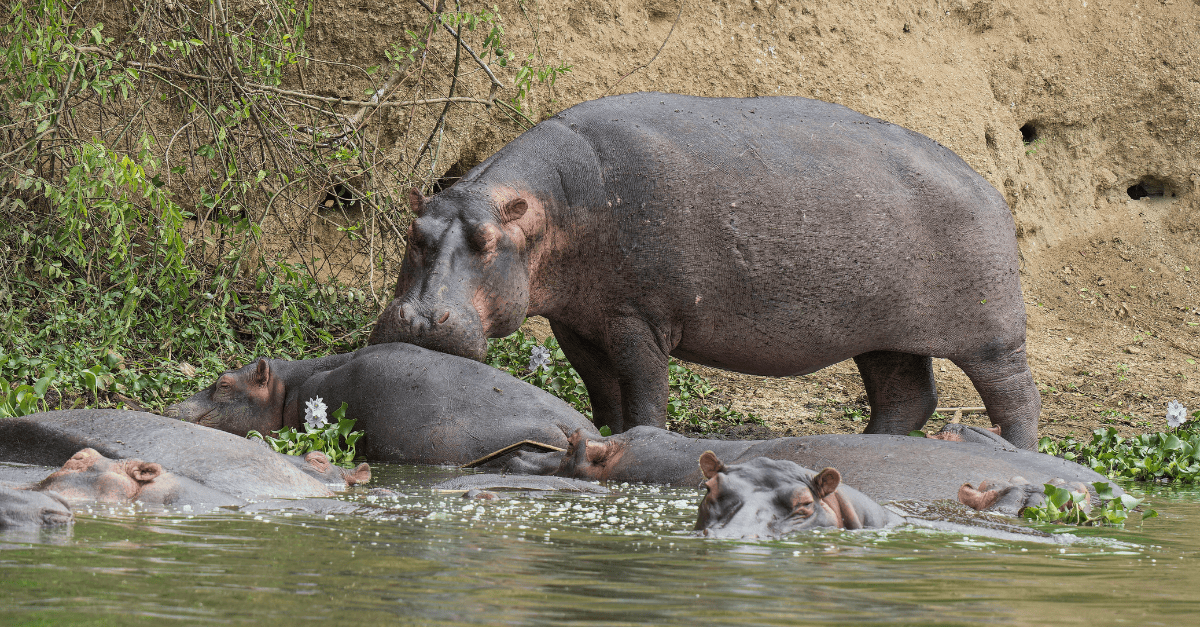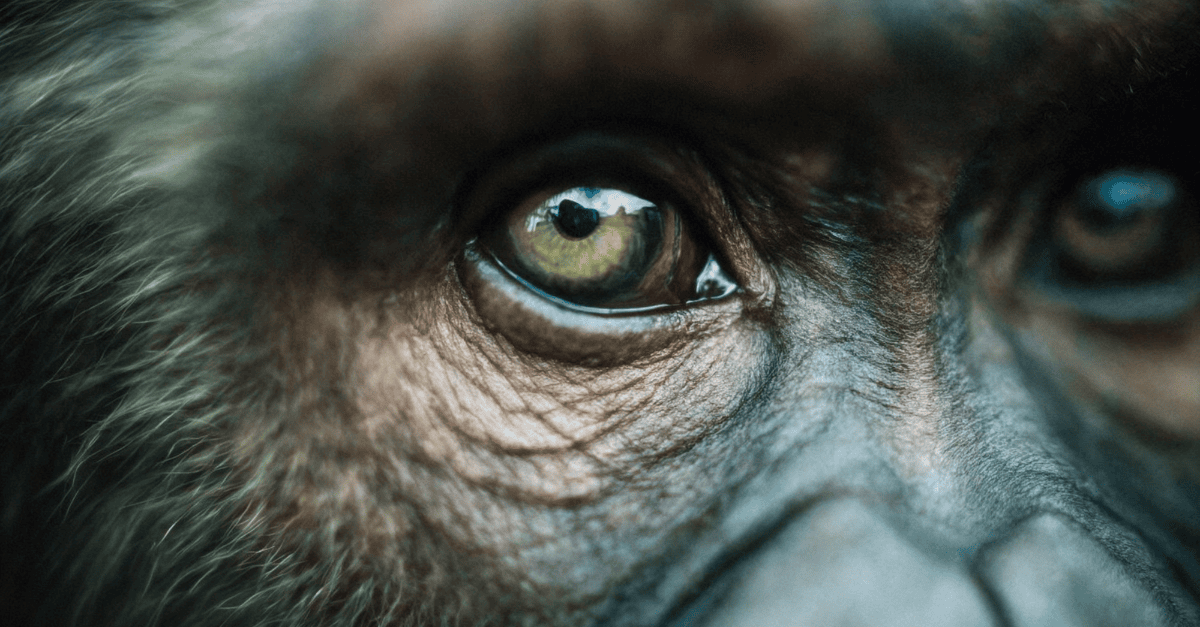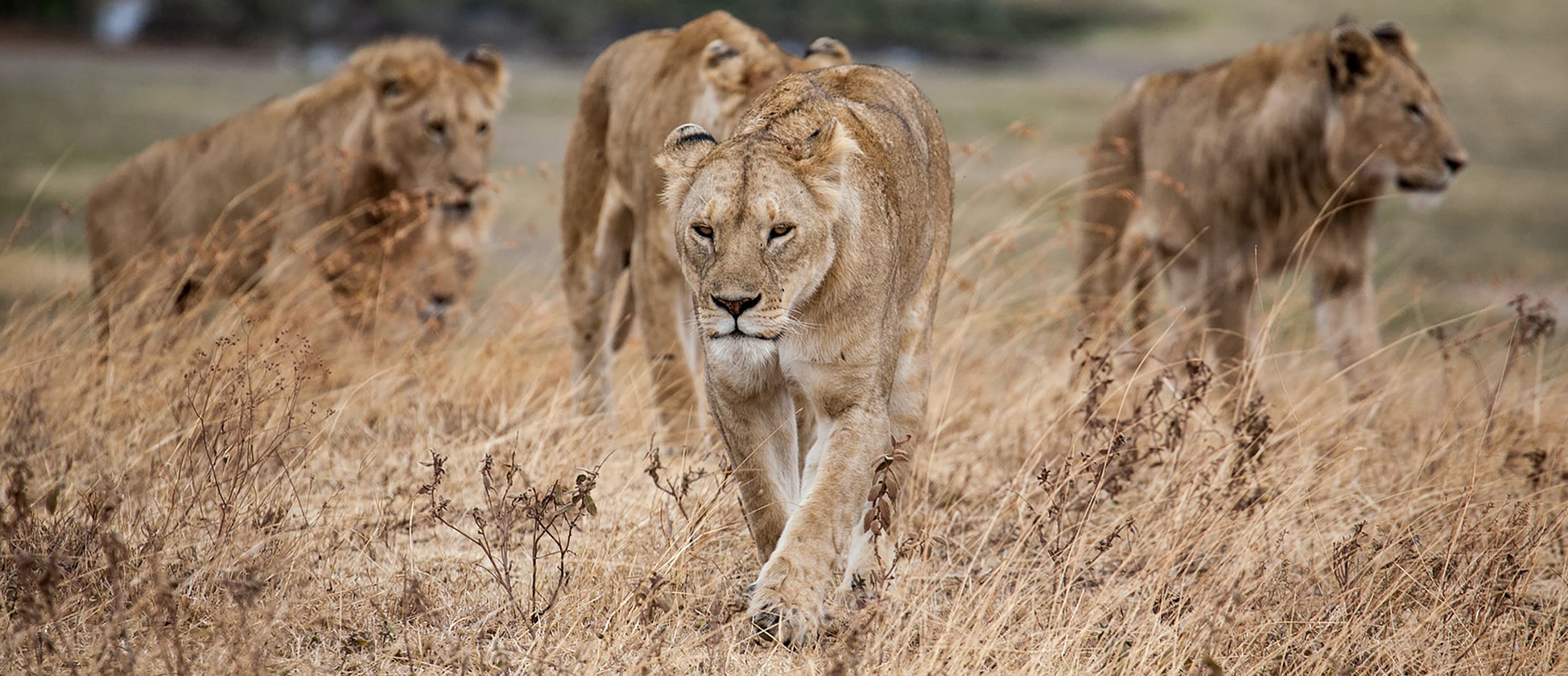Today, the international community has the opportunity to take transformative action to protect the environment and achieve sustainable development. Urgent global crises of biodiversity and nature loss, climate change, widespread pollution, and severe and systemic animal welfare compromises can be halted and reversed. People can be protected from future epidemics, pandemics, and the suffering, loss of life and economic setbacks they have brought, and provided with safe, available food and livelihoods needed to thrive.
Transformative action requires a system-based understanding. It needs solutions that are multifactorial, multidisciplinary, and multicultural. It needs to avoid reducing one problem by causing others, such as reducing farms’ climate emissions but increasing human or animal health risks. It requires an inclusive approach that welcomes diverse perspectives and is constructive in its focus on mutual reinforcements and win-win solutions. It needs to draw on scientific data alongside the valid values and views of compassionate Indigenous communities who care for and about their sentient animals and environments. It needs to extend beyond exploitative and market-driven values to all forms of value for all life, including the aspirations of current and future generations.
Why animals matter to the Nexus
Nature needs animals to flourish. Its food webs, ecosystems, and biogeochemical cycles rely on animals’ health, relationships, needs, behaviour, interactions, resilience, and adaptations all of which are animal welfare issues. Even domestic animals, altered and integrated into human lives and systems, are parts of nature. Humans also need animals to flourish. Our environments, communities, livelihoods and health all rely on the well-being of animals.
Addressing animal welfare can uncover new opportunities to assess and support the transformation needed for the environment and sustainable development. It is a catalyst that, combined with other global concerns, can create a virtuous cycle and strengthen the foundations for development, in contrast to the continuation and expansion of production and consumption patterns that harm animal welfare, which amplify risks in these areas and erode the foundations of sustainable development, the environment, and, ultimately, life.
It is thus fitting that Member States declared in the 2030 Agenda for Sustainable Development that “in these Goals and targets, we are setting out a supremely ambitious and transformational vision. We envisage a world free of poverty, hunger, disease and want, where all life can thrive” and envisioned “a world in which… humanity lives in harmony with nature and in which wildlife and other living species are protected”.
Animal welfare matters in itself. It is humanity’s responsibility to respect and protect animals, with the UN Secretary-General affirming that: “a first step to recognizing the rights of Nature is the recognition that non-human animals are sentient beings, not mere property, and must be afforded respect and legal recognition.” In the 2021 High-Level Political Forum Ministerial Declaration, UN Member States called for “increased ambition and urgency of action to protect wildlife and other living species”. Animal welfare also plays an instrumental role in the environment and sustainable development. The World Organization for Animal Health (WOAH) recognises in this regard that “animal welfare is a responsibility that must be shared between governments, communities, the people who own, care for and use animals, civil society, educational institutions, veterinarians and scientists… to ensure any such use is humane, as defined through the [WOAH’s] international standards for animal welfare, in recognition of the sentience of animals.” The 2019 Global Sustainable Development Report highlighted animal welfare as a critical issue to be explicitly addressed by the UN system.
Interlinkages within the Nexus
The promotion of animal welfare reflects and strengthens the core principle of the 2030 Agenda, and could be considered a prime example of its application. Policy action to advance and promote animal welfare epitomises and advances policy coherence, as enhanced animal welfare provides positive impacts across the Sustainable Development Goals (SDGs) and stimulates balanced progress across the three dimensions of development. Peer-reviewed research shows that “there is a strong positive mutually reinforcing correlation between achieving the SDGs and improving animal welfare” WOAH’s Director General in 2018 declared that “only if concerns of animal health and animal welfare were observed could some of the SDGs be achieved.”
Numerous international organisations and renowned experts, including from UNEP, WOAH, and the World Bank, as well as scientific studies referenced in this report, provide further compelling evidence that promoting better animal welfare practices, while reducing the demand and supply of animal products, can have significant positive impacts across environmental and sustainable development dimensions. According to FAO, animal welfare is key to achieving SDG 2 on hunger eradication and SDG 12 on sustainable consumption. It is also instrumental in improving human health and well-being, preserving livelihoods, protecting biodiversity and ecosystem services, and contributing to policy goals such as the Paris Agreement and the recently adopted Kunming-Montreal Global Biodiversity Framework. As UNEP notes in its latest Emissions Gap Report 2022, a combination of measures targeting the demand side, protection of ecosystems, and farm-level improvements is needed. In this context, there are two separate levers that enable a healthy environment and sustainable development:
Improved animal welfare practices
Agricultural and fisheries systems characterised by higher animal welfare, including well-run agroecological and integrated systems, address key drivers of the triple planetary crises. They have lower greenhouse gasses (GHG) emissions, have higher carbon sequestration potential compared to industrial animal farming, and are more resilient to climate change and disasters, thereby supporting mitigation and adaptation. They are also more biodiversity-rich and support ecosystem services, including pollination, and temperature regulation. Lastly, they are less polluting. For example, manure can be used as fertiliser at ecologically balanced levels in an integrated way, rather than polluting soil, water, and air.
High welfare systems further contribute to multiple dimensions of sustainable development. Their better conditions for farmed terrestrial and aquatic animals reduce risks of zoonotic diseases emerging, spreading, and amplifying. Their positive impact on animal health and well-being avoids the need for routine antibiotic use, reducing antimicrobial resistance (AMR). They result in higher quality food and contribute to the productivity of food systems through healthier animals, thereby improving food security and nutrition. Lastly, they have positive impacts on the livelihoods of smallholders, many of whom animals are their primary productive asset, creating employment opportunities in the rural economy and reducing poverty.
Ensuring the high welfare of wildlife is equally important. Welfare guidelines for wildlife trade and use can lead to lower mortality rates, reduced wildlife capture, prevent the emergence of zoonotic diseases, and diminish the scope for illegal trade, including its associated criminality and security risks.
Reduced consumption of unsustainable animal products
As UNEP has recognised already, reducing dependencies on animal products, both from domesticated and wild animals, can help reduce the risk of disease and future pandemics. It also contributes to food security by reducing the demand for animal feed and, in turn, making food like cereals and soy more plentiful and affordable for human consumption. Lastly, it can generate new livelihood opportunities. For example, plant-based agriculture has substantial potential to create new jobs worldwide. Plant-rich diets have substantially lower emissions than animal-based ones, providing the basis to meeting global climate goals. They further free up land for nature-positive land use, such as afforestation and rewilding, and lower pollution levels. Moving away from the commercial exploitation of wild animals directly impacts biodiversity protection and restoration.
In conclusion, the interlinkage between animal welfare, sustainable development, and environmental protection is undeniable. As we move forward, prioritizing the welfare of both domesticated and wild animals is not just a moral imperative but a necessary step towards achieving our global sustainable development goals. By recognizing the profound contributions of animals to our ecosystems and addressing their welfare needs, we can pave the way for a more sustainable, harmonious, and compassionate world. The time to act is now, leveraging multidisciplinary approaches and global collaboration to ensure that the rights, roles, and well-being of animals are at the forefront of our transformative journey towards a better future.
Learn more from our Unveiling the Nexus report.
Photo by Johannes Plenio on Unsplash





